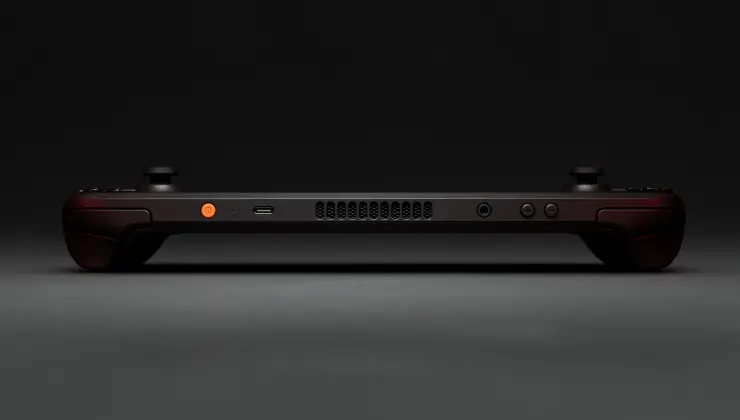Of course there are many non-verified games that run fine as well.
For comparison, the Switch has somewhere between 5,000 and 10,000 games.
Source: Wikipedia lists about 5000, Nintendo says “over 5000”, but this website claims 10,880. Part of why the Moby Games website lists more is because it lists multiple versions of a game as separate games (Xenoblade DE is listed 4 times for example).



It’s so great to see how well proton supports so many games compared to 2018. A year later and more games are running, but many with terrible stuttery fps. Now it all works except for anti-cheat because of those terrible cheaters.
FTFY
I’m not even sure that is true.
There are always ways around anticheat. Why do companies demand Ring 0 access anyway?
One of the reasons Vanguard is so effective is that it starts early during boot, which makes it more difficult to develop a cheat. This also results in Vanguard running all the time, unless someone wants to reboot to play Riot’s games.
All anti cheat can be circumvented, and platforms are different to what extend they want to allow access to the system. Even macOS doesn’t allow such deep access like Windows does, but it also limits access in general.
It’s great that on Linux ac are limited to userspace. Userspace anti cheat with server side ac works well enough for games like Overwatch in my experience.
Nice write up, but it doesn’t touch my question.
There are cheats that only read the screen, they don’t even need to run on the same PC.
So why kill your customers with anticheat acting like a spyware for something they will never solve.
You could say the same about door locks. It’s not going to stop a thief who wants to get in from getting in. So why even have a lock on the door? Because it will prevent nosey people from getting in.
Similarly anticheat won’t prevent anyone dedicated to cheating, but it does prevent the “script kiddies” who would cheat if it was super easy.
Because it makes detecting cheats running on the same machine easier. Sadly many companies don’t care much about it’s users privacy and security ideals.
Sadly there’s enough people/content creators who ask for kernel level anti cheats. It comes up from time to time in Overwatch and CS communities, especially the latter. The amount of people like us, who purposely don’t play a game for it’s invasive ac is likely really small.
People go and play CS checking whether the enemy is likely cheating, while people are playing Valorant believing cheaters will be detected. This makes them less likely to cry “cheater” over a few lucky shots.
On consoles external cheat devices are popular today. They allow for mouse and keyboard usage while also having the controller aim assist, as they spoof an official controller.
It’ll be interesting how long it takes until ML assisted cheats plug in between pc and monitor. Will Vanguard forbid capture cards at this point?
I’ve heard about screen capture cheats in Dota 2. Immediate reactions or such.
Easy anticheat works on the Deck (but not as an all encompassing kernel level anticheat, obviously) but each developer has to tick a checkbox for it to ignore proton. That’s why Apex Legends works but Fortnite does not, as Epic simply refuses to allow it to out of spite against Valve.
Iirc BattlEye is the same. Maybe punkbuster, can’t remember.
Punkbuster is cross-platform, altough I’d argue it’s not relevant anymore. But there’s still many ac that don’t work, e.g. EA’s ac or Escape from Tarkov.
dxvk has come a long way.